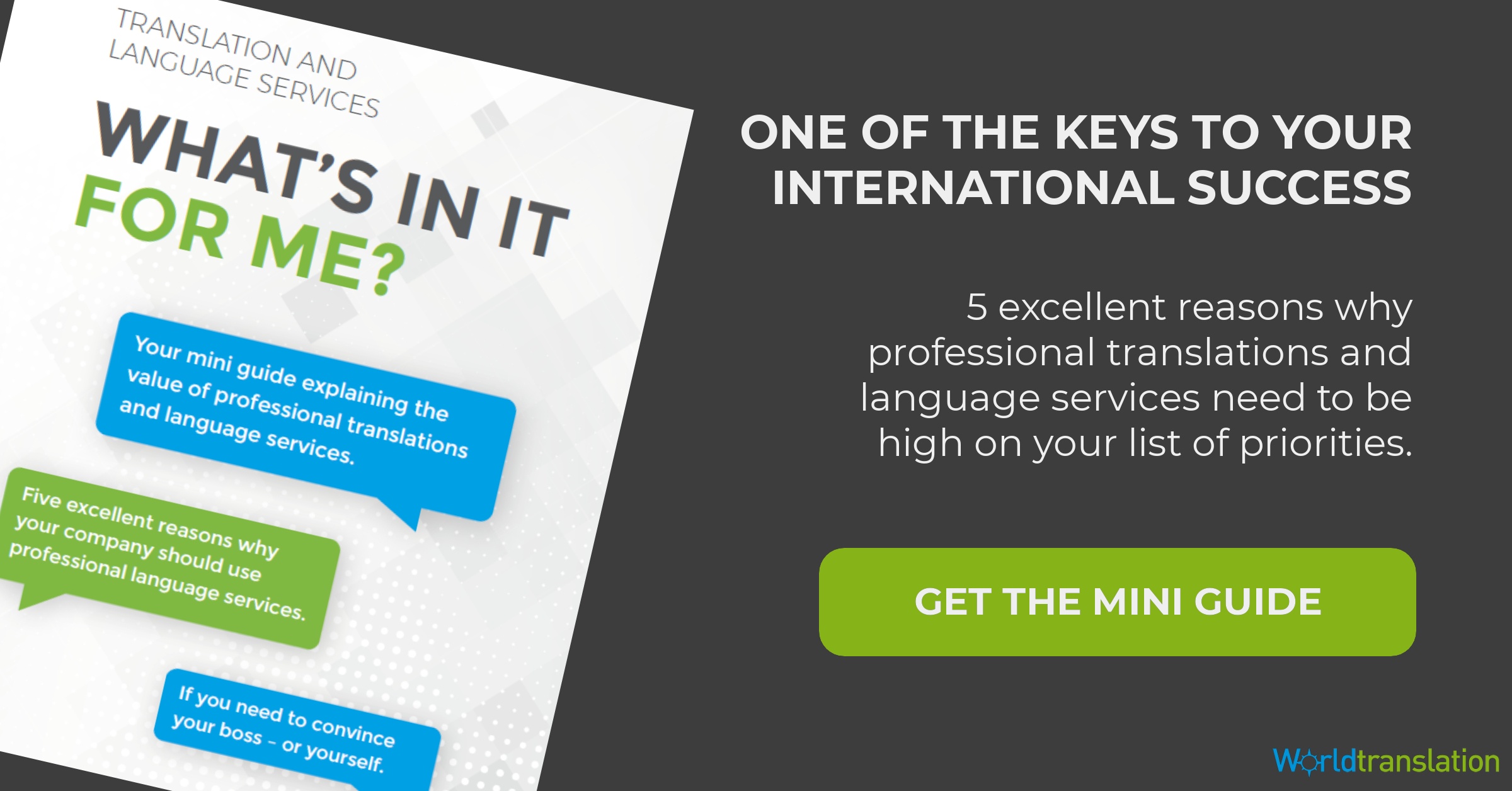Imagine this scenario: You need to clarify and cover your insurance requirements and decide which insurance company you want to be a customer of in the future. There are a lot of
insurance providers out there and you think maybe it doesn’t matter which company you choose. After all, they all offer more or less the same thing, don’t they?Not necessarily. In fact, maybe it just isn’t that simple and blindly choosing the first company you come across is probably not a good idea. Ask yourself what you need to consider when you make a decision. For example, how important is the level of service or price to you, or what is the relevance or relation of the advice to you? Are you looking for a solution that is inexpensive in the short run and which “takes care of itself”? Or are you looking for a future-proof solution with proactive consultancy services and a good price-performance ratio? Or maybe you are
focussed on something completely different? There are many factors you need to take into
consideration when looking for the right partner.
You can use this scenario with any kind of service that you wish to purchase. Think about the price level, quality and the kind of relationship you want with your supplier. The same kind of considerations apply when you need to choose a translation agency. A translation isn’t just a translation – the results have a direct effect on your company’s success. This article will give you insight into some of the many factors that you need to consider when looking for a translation agency that is right for you.
Get an overview of your texts and their flow
Obviously, there’s a lot of detail that has to be worked into any agreement that you enter into with a language services provider. For example, price models, payment terms and conditions, delivery formats, legal aspects, technological requirements and much more. However, we will only use this article to help you clarify your overall needs and expectations when it comes to your translation agency.
Let’s look at the most basic things first: What kind of texts do you need to have translated? Consider whether you can categorise your texts, for example using the following categories:
- Marketing
- Technical documentation
- Web-optimised text
- Legal
- Medicine
- Financial
Next, consider the scope of your texts – both individually and as a flow of texts for translation: Do you have an ongoing flow of many small texts that you need to have translated quickly and with short deadlines? Or do you mainly have large interconnected texts, which require looking at in greater detail, resulting in a more time-consuming translation process?
Let the characteristics of your texts guide you towards a translation agency that is expert in your type of text flow.
Learn more about World Translation's key competencies.
Yes, it’s a strange kind of question because of course you own your own translations. Or do you?
Your texts are not translated from scratch. All translation agencies use CAT tools for more or less every translation. When a translation agency uses a CAT tool, it creates a translation memory, which is a translation database that contains all the translations that you have carried out with the translation agency. The database serves as a type of reference file. When new texts are sent in for translation, they are then automatically compared against the translation database. This allows the CAT tool to reuse elements from your previous translations where possible and helps to ensure that your translations have uniform quality, consistency and cost less. You can also
attach a terminology database to the translation tool. The terminology database (called a
termbase in the translation industry) is a kind of dictionary that contains your company’s specific specialist terminology.
It’s a good idea to decide whether you would want to be able to access your translation
memories and termbases. If you want to be able to do this, then you should require that the translation agency that you are considering is able to facilitate this.
Do you want to learn more about World Translation’s use and approach to translation memories and terminology databases? Then click here:
What kind of relationship do you NEED?
Just like people, businesses can be sorted into different types. It is therefore crucial that you
consider what kind of relationship that you want to have with your language services provider.
If you prefer the “doesn’t say much” type, and you value efficiency and a short turnaround time more than the dialogue with one or more fixed contact persons, then you should find a bureau that works like that. On the other hand, if you love to immerse yourself in the details, if you’re looking for people who can be a sounding board, then you need to look for a translation agency with the same approach to their work. Or perhaps you would characterise yourself (in effect, your company) as someone who strives to reach new levels, who thinks big and who wants to get ahead. Then you may need a strategic partner, who can provide advice and offer up ideas about e.g. specialist terminology, automation and process optimisation – obviously, without compromising on grammar and punctuation. In other words, a proactive partner.
If you are the visual type, perhaps the graph shown here will make things clearer:

To sum up: Clarify what kind of relationship that you want with your translation agency and then find an agency that can meet your expectations and which shares your values.
One final, little thing …
… well okay, maybe not so little. Do you require your language services provider to be certified in accordance with specific standards? Make sure that you have determined this before you spend a lot of time and energy on clarifying other details.
World Translation is certified in accordance with ISO 17100 and ISO 9001:2015.




